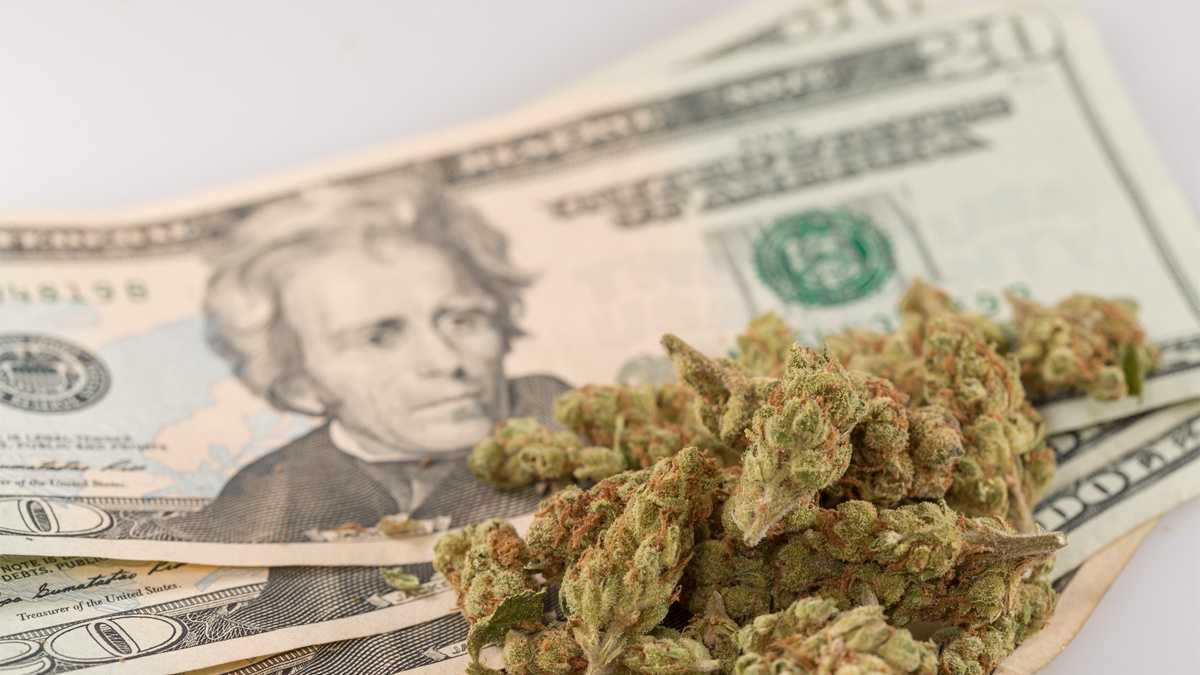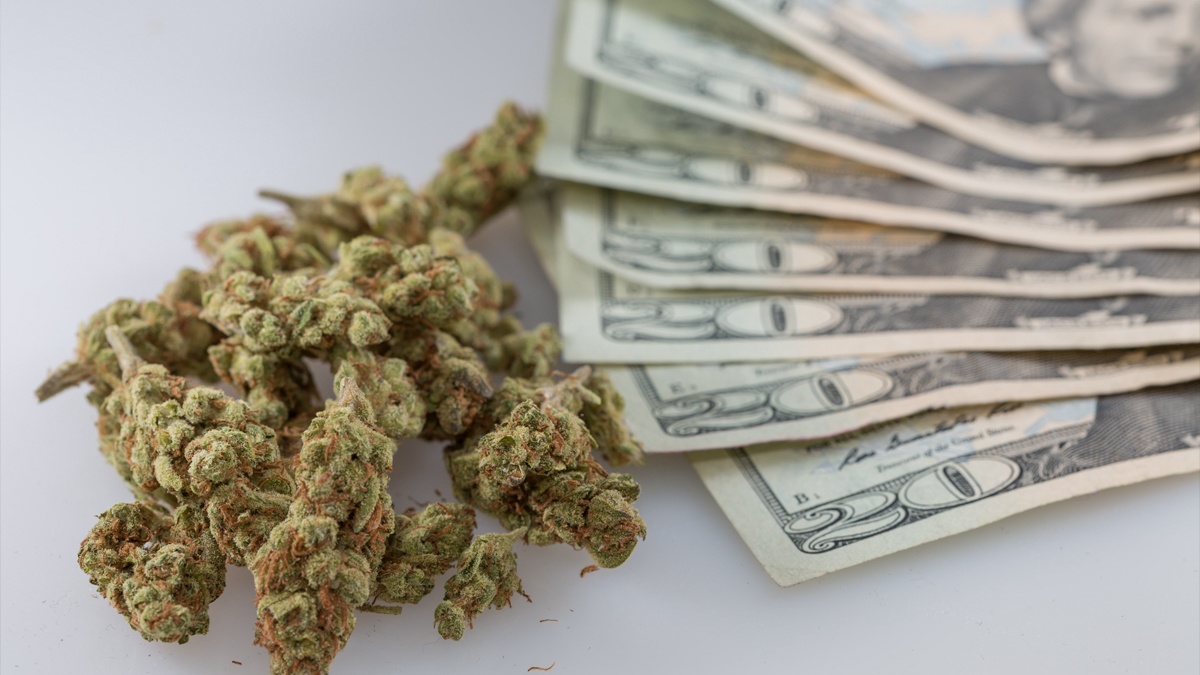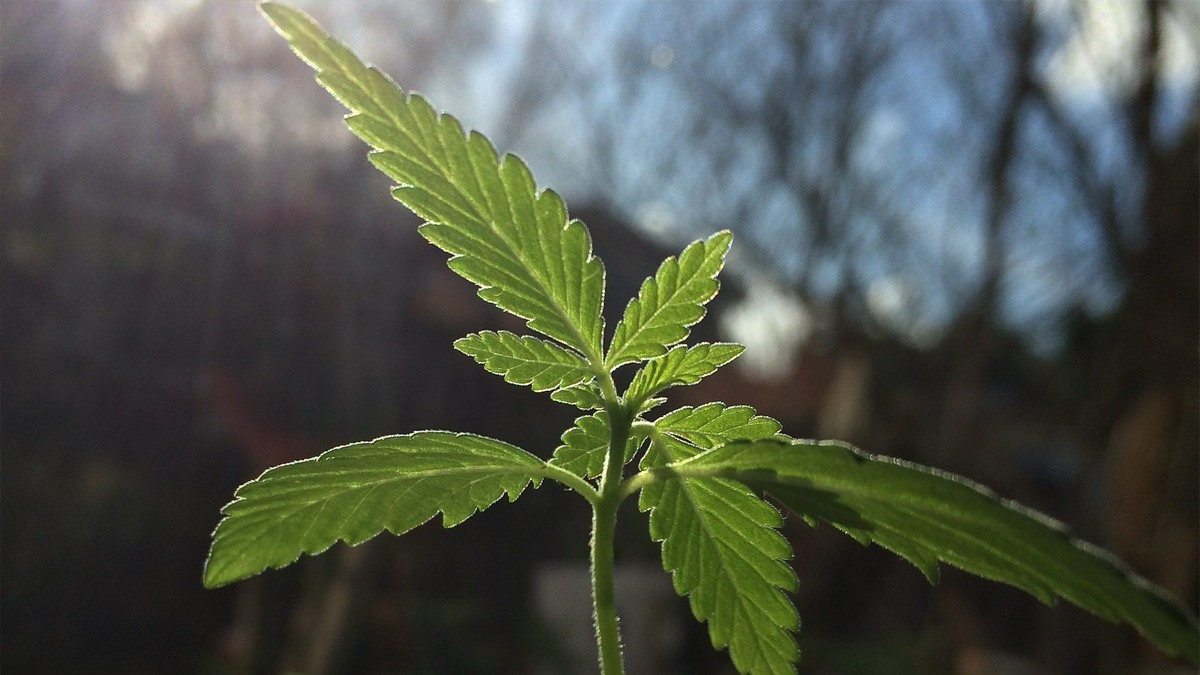
a:1:{i:0;a:3:{s:8:”template”;s:7:”wrapper”;s:4:”type”;s:10:”background”;s:5:”items”;a:2:{i:0;a:3:{s:8:”template”;s:7:”element”;s:4:”type”;s:5:”image”;s:5:”value”;a:38:{s:2:”id”;s:0:””;s:5:”class”;s:0:””;s:5:”image”;s:5:”11616″;s:14:”thumbnail-size”;s:4:”full”;s:7:”z-index”;s:0:””;s:7:”link-to”;s:13:”lb-full-image”;s:12:”custom-image”;s:0:””;s:9:”video-url”;s:0:””;s:7:”page-id”;s:5:”10796″;s:10:”custom-url”;s:0:””;s:18:”custom-link-target”;s:5:”_self”;s:17:”overlay-icon-type”;s:7:”default”;s:18:”overlay-icon-style”;s:8:”on-hover”;s:12:”overlay-icon”;s:13:”fa fa-android”;s:13:”overlay-image”;s:0:””;s:14:”enable-caption”;s:7:”disable”;s:9:”max-width”;s:0:””;s:9:”alignment”;s:6:”center”;s:13:”zoom-on-hover”;s:7:”disable”;s:13:”enable-shadow”;s:7:”disable”;s:22:”background-shadow-size”;s:0:””;s:23:”background-shadow-color”;s:0:””;s:25:”background-shadow-opacity”;s:3:”0.2″;s:11:”frame-style”;s:9:”rectangle”;s:13:”border-radius”;s:3:”3px”;s:15:”border-radius-2″;a:5:{s:3:”top”;s:0:””;s:5:”right”;s:0:””;s:6:”bottom”;s:0:””;s:4:”left”;s:0:””;s:8:”settings”;s:4:”link”;}s:12:”border-width”;s:3:”0px”;s:17:”overlay-icon-size”;s:2:”22″;s:24:”overlay-icon-size-custom”;s:4:”22px”;s:12:”border-color”;s:0:””;s:13:”overlay-color”;s:0:””;s:18:”overlay-icon-color”;s:0:””;s:23:”overlay-icon-background”;s:0:””;s:26:”overlay-background-opacity”;s:3:”0.6″;s:16:”3d-content-z-pos”;s:0:””;s:18:”left-right-padding”;s:6:”enable”;s:6:”margin”;a:5:{s:3:”top”;s:3:”0px”;s:5:”right”;s:3:”0px”;s:6:”bottom”;s:3:”0px”;s:4:”left”;s:3:”0px”;s:8:”settings”;s:4:”link”;}s:14:”padding-bottom”;s:4:”30px”;}}i:1;a:3:{s:8:”template”;s:7:”element”;s:4:”type”;s:8:”text-box”;s:5:”value”;a:18:{s:2:”id”;s:0:””;s:5:”class”;s:0:””;s:7:”content”;s:9158:”
Cannabis-infused butter (cannabutter) is one of the simplest and most common ways to make infused cannabis edibles. However, making infused butter can be a little bit tricky. In order to activate its psychoactive potential, the flower must be heated slowly at a low temperature. This recipe will first guide you through this process–called decarboxylation–before walking you through a step-by-step guide to infusing butter.
How to make cannabis-infused butter (or ‘cannabutter’)
Butter is a delicious and versatile carrier for THC and other cannabinoids, although it isn’t the only one. You can also use coconut oil, olive oil, or any other fatty oil for your infusions. Just keep in mind, butter burns easily, so keep a close eye on your cannabutter as it cooks.
Ingredients
- 1 cup of butter
- 1 cup (7-10 grams) of ground cannabis, decarboxylated
The essential (and often missed) first step: Decarboxylating the cannabis

Before making your cannabutter, you’ll need to decarboxylate, or “decarb”, the cannabis flower you’re working with. Skipping this step will result in a weak or inactive finished product. Here’s why: Cannabis buds produce a non-intoxicating acidic cannabinoid called THCA. When we smoke or vaporize cannabis, the heat converts THCA into THC, the molecule that delivers euphoric effects. If preparing CBD edibles, this same process should be applied.
Some recipes may instruct you to decarb cannabis in the hot butter directly, but the less time you spend soaking the buds, the better your infused butter is going to taste. For this reason, we recommend decarbing in the oven first.
Basic cannabutter recipe

- Decarb the cannabis. Preheat your oven to 245ºF. Place cannabis buds on a non-stick, oven-safe tray. Cover the tray with parchment paper to prevent sticking. Insert the tray into the oven and set a timer for 30-40 minutes. Older, drier cannabis may require less time. (Tip: you can also set your oven to 300ºF and heat for 10 to 18 minutes, although low-and-slow is the recommended approach when decarbing to better preserve the cannabinoids.) Every 10 minutes, gently mix the buds with a light shake of the tray to expose the surface area of the buds equally.
- Grind. Grind the decarboxylated cannabis coarsely with a hand grinder.
- Melt the butter. Add 1 cup of water and 1 cup of butter into a stock pot or saucepan. Simmer on low and let the butter melt. Adding water helps to regulate the temperature and prevents the butter from scorching.
- Add the cannabis. As the butter begins to melt, add in your coarsely ground cannabis product.
- Simmer. Maintain low heat (ideally above 160ºF but never exceeding 200ºF) and let the mixture simmer for 2 to 3 hours, stirring occasionally. The mixture should never come to a full boil.
- Strain the cannabutter. Set a funnel on top of a jar and line it with cheesecloth. Once the butter has cooled off, pour it over the cheesecloth funnel and allow it to strain freely. (Tip: Squeezing the cheesecloth may push more bad-tasting plant material through).
- Refrigerate the jar of butter. If excess water forms at the bottom of the jar, you can remove the solid butter with a knife and drain the water out. (The butter will need to refrigerate for about an hour before removing the water.)
- Dose carefully. Refer to dosing information below before adding your butter to any snacks, dishes, or desserts.
Directions for slow cooker
- Grind your cannabis coarsely with a hand grinder. (Tip: A coffee grinder will finely pulverize the flower and prevent effective straining of bad-tasting plant material.)
- Set your slow cooker to low, or somewhere around 160ºF. (Tip: Avoid exceeding 200ºF to prevent burning or wasting cannabinoids. You can also add a little water to help prevent scorching.)
- Add the butter and ground cannabis. Stir occasionally.
- After about 3 hours, turn off the crockpot and wait for the butter to cool.
- Strain as above.
Tips for dosing cannabutter
Your butter’s potency depends on many factors, from how long and hot it was cooked to the potency of your starting material. Even the type of cannabis used (indica vs. sativa strains) can be a factor. To test the potency of your finished product, try spreading ¼ or ½ teaspoon on a snack and see how that dose affects you after an hour. Decrease or increase dose as desired. You can then use this personalized “standard” dose as a baseline for your recipes. For more information on why potency is so difficult to measure in homemade cannabis edibles, check out part four of this series.
Leafly Staff Via (https://www.leafly.com/news/lifestyle/recipe-how-to-make-basic-cannabutter)
Keep Out Of Reach Of Children For Use Only By Adults 21 Years Of Age Or Older
“;s:10:”text-align”;s:4:”left”;s:24:”apply-the-content-filter”;s:7:”disable”;s:14:”enable-p-space”;s:6:”enable”;s:9:”font-size”;s:0:””;s:19:”content-line-height”;s:0:””;s:19:”content-font-weight”;s:0:””;s:22:”content-letter-spacing”;s:0:””;s:22:”content-text-transform”;s:4:”none”;s:16:”tablet-font-size”;s:0:””;s:16:”mobile-font-size”;s:0:””;s:10:”text-color”;s:0:””;s:16:”3d-content-z-pos”;s:0:””;s:11:”margin-left”;s:0:””;s:12:”margin-right”;s:0:””;s:14:”padding-bottom”;s:4:”30px”;}}}}}













